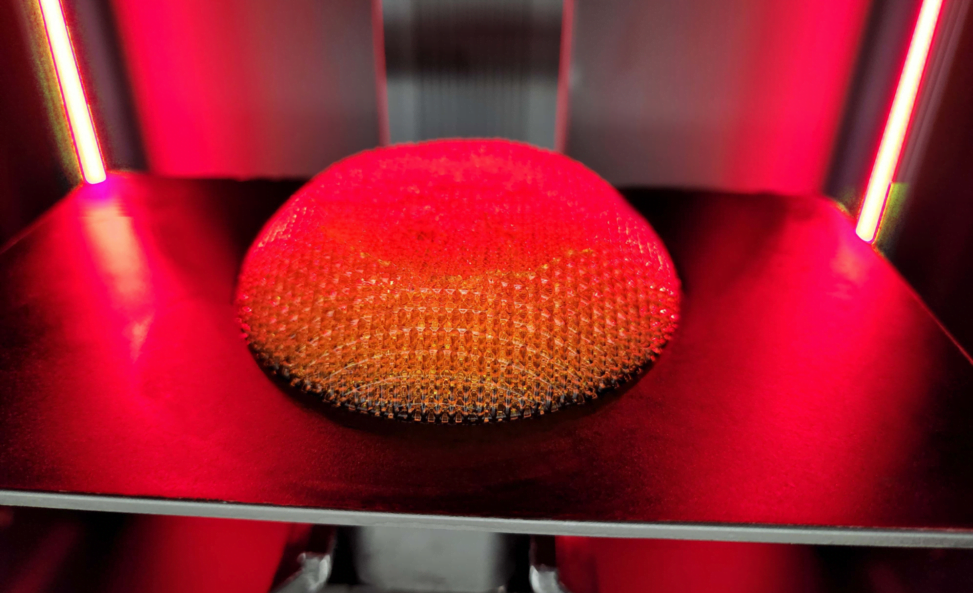Israeli tech will be used to 3D-print breast implants to help patients regenerate their natural breast tissue.
Stratasys, an Israeli 3D printing company, and CollPlant Technologies, an American company that develops bioinks (3D-printed material used to produce artificial live tissue) are jointly developing the technology.
It’s part of a new agreement between the two companies to biofabricate human tissues and organs.
The breast implants are designed to regenerate natural breast tissue without eliciting an immune response – the body’s method of defending itself against foreign substances by trying to destroy them.
Breast reconstruction and augmentation procedures are the second most common plastic surgery procedure performed worldwide.
The most common kinds of procedures are based on synthetic silicone breast implantations, an artificial substitution for natural regenerated tissue, which have risks of complications.
“Through this partnership with CollPlant, we have an important opportunity to transform healthcare with bioprinting to improve the lives of patients undergoing breast augmentation or reconstruction procedures,” said Stratasys CEO Dr. Yoav Zeif.
Sign up for our free weekly newsletter
SubscribeYehiel Tal, CEO of CollPlant, said: “Stratasys is leading in additive manufacturing and we are excited to collaborate with them on this transformative initiative.
“The P3 technology allows printing with high resolution and process control, and we believe that the combined, pioneering technologies of both companies will streamline the development and production process so that we have the most efficient means to produce our regenerative breast implants and other potential tissues and organs. We believe that our rhCollagen-based regenerative implant has the potential to overcome the challenges of existing breast procedures that use silicone implants or autologous fat tissue transfer.”
In January, CollPlant announced it had successfully completed a large-animal study for its 3D bioprinted regenerative breast implants.
The study demonstrated progressive stages of tissue regeneration after three months, with mature connective tissue and neovascular networks formed within the implants, and no adverse events reported.
CollPlant is planning to initiate a follow-up, large-animal study in the second half of 2023 using commercial-size implants to support subsequent human studies.
Related posts

Israeli AI Safety Tool Among TIME’S Best Inventions For 2024

TAU Team Discovers Mechanism To Eliminate Cancerous Tumors

Ashdod Port Investing In Startups As Part Of Innovation Strategy




Facebook comments